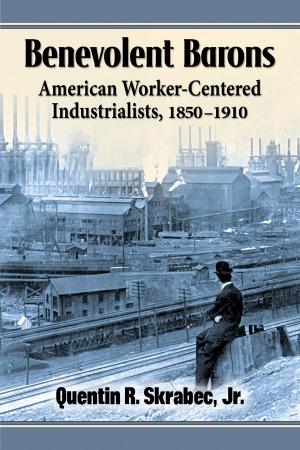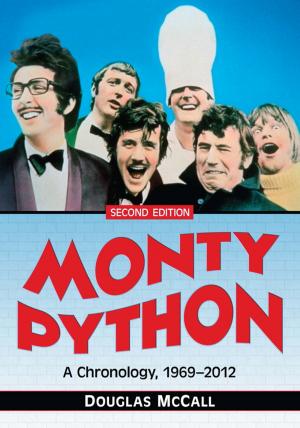Railway Travel in Modern Theatre
Transforming the Space and Time of the Stage
Nonfiction, Reference & Language, Transportation, Railroads, Entertainment, Theatre, Performing Arts| Author: | Kyle Gillette | ISBN: | 9781476616063 |
| Publisher: | McFarland & Company, Inc., Publishers | Publication: | May 14, 2014 |
| Imprint: | Language: | English |
| Author: | Kyle Gillette |
| ISBN: | 9781476616063 |
| Publisher: | McFarland & Company, Inc., Publishers |
| Publication: | May 14, 2014 |
| Imprint: | |
| Language: | English |
Railway travel has had a significant influence on modern theatre’s sense of space and time. Early in the 20th century, breakthroughs—ranging from F.T. Marinetti’s futurist manifestos to epic theatre’s use of the treadmill—explored the mechanical rhythms and perceptual effects of railway travel to investigate history, technology, and motion. After World War II, some playwrights and auteur directors, from Armand Gatti to Robert Wilson to Amiri Baraka, looked to locomotion not as a radically new space and time but as a reminder of obsolescence, complicity in the Holocaust, and its role in uprooting people from their communities. By analyzing theatrical representations of railway travel, this book argues that modern theatre’s perceptual, historical and social productions of space and time were stretched by theatre’s attempts to stage the locomotive.
Railway travel has had a significant influence on modern theatre’s sense of space and time. Early in the 20th century, breakthroughs—ranging from F.T. Marinetti’s futurist manifestos to epic theatre’s use of the treadmill—explored the mechanical rhythms and perceptual effects of railway travel to investigate history, technology, and motion. After World War II, some playwrights and auteur directors, from Armand Gatti to Robert Wilson to Amiri Baraka, looked to locomotion not as a radically new space and time but as a reminder of obsolescence, complicity in the Holocaust, and its role in uprooting people from their communities. By analyzing theatrical representations of railway travel, this book argues that modern theatre’s perceptual, historical and social productions of space and time were stretched by theatre’s attempts to stage the locomotive.















